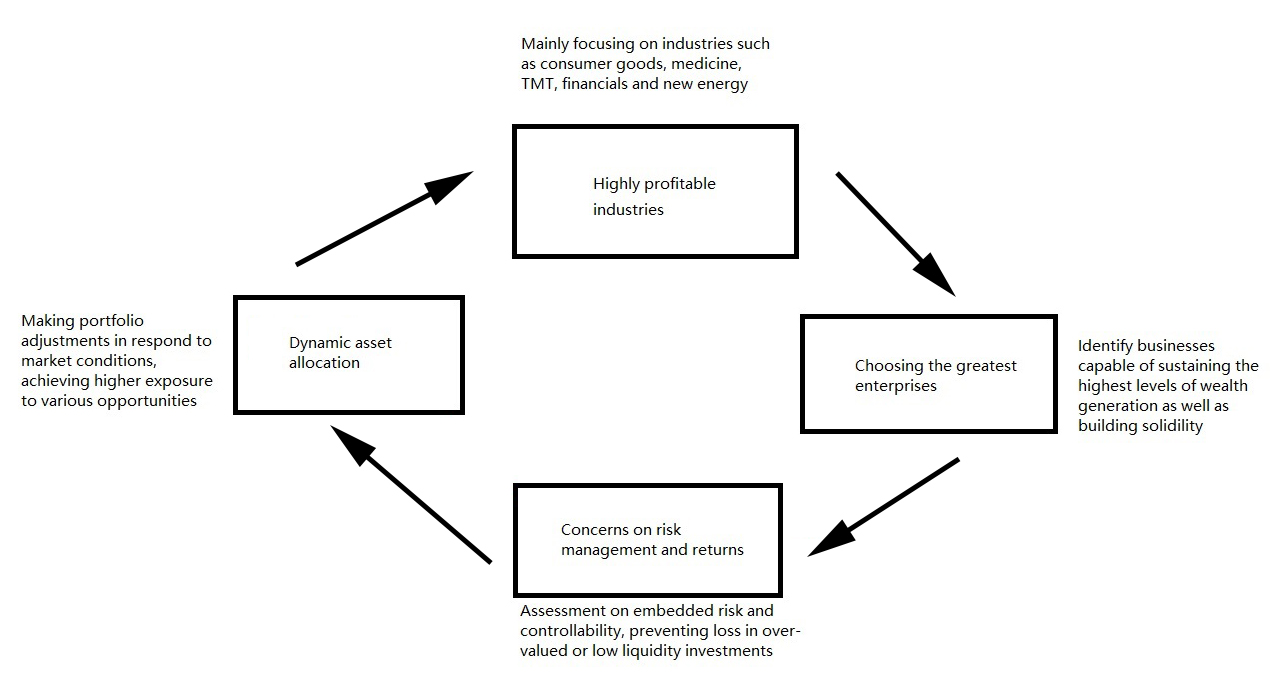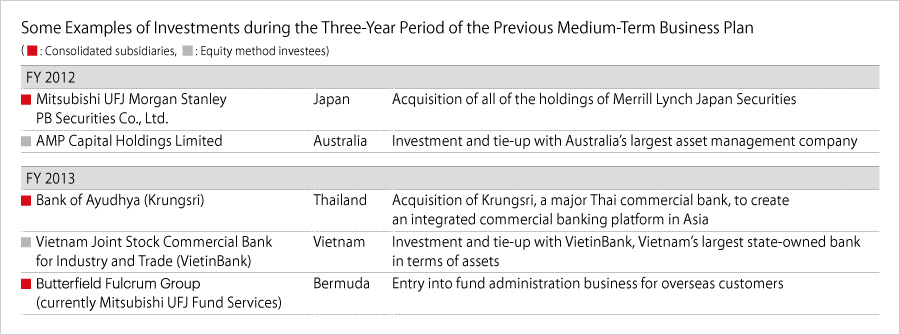Maximizing Your Financial Strategy: Understanding the Tax Benefits of Home Equity Loans
#### Tax Benefits of Home Equity LoanHome equity loans have become a popular financial tool for homeowners looking to leverage the value of their property……
#### Tax Benefits of Home Equity Loan
Home equity loans have become a popular financial tool for homeowners looking to leverage the value of their property. One of the most compelling reasons to consider a home equity loan is the potential tax benefits that come with it. In this article, we will explore the tax benefits of home equity loans, how they work, and what you need to know to make the most of this financial option.
#### What is a Home Equity Loan?
A home equity loan allows homeowners to borrow against the equity they have built up in their property. Equity is the difference between the current market value of the home and the outstanding mortgage balance. Home equity loans are typically offered as a lump sum with a fixed interest rate, making them a predictable option for financing large expenses, such as home renovations, education costs, or debt consolidation.
#### Tax Benefits of Home Equity Loans Explained

One of the most significant advantages of home equity loans is their potential tax benefits. Under the Tax Cuts and Jobs Act (TCJA) enacted in 2017, interest on home equity loans can be deductible if the funds are used for qualified purposes. Here are the key points to consider:
1. **Interest Deduction**: Homeowners may be able to deduct the interest paid on a home equity loan from their taxable income, which can lead to substantial savings during tax season. However, this deduction applies only if the loan is used to buy, build, or substantially improve the taxpayer’s home that secures the loan.
2. **Loan Limits**: The TCJA set limits on the amount of mortgage debt that can be deducted. Homeowners can deduct interest on up to $750,000 of mortgage debt for married couples filing jointly and $375,000 for single filers. It's essential to keep these limits in mind when considering how much to borrow.
3. **Qualified Expenses**: To qualify for the interest deduction, homeowners should ensure that the loan proceeds are used for eligible expenses. This includes major renovations that add value to the home, such as kitchen remodels or adding a new room. Using the funds for personal expenses, such as vacations or credit card debt, may disqualify the interest from being tax-deductible.

4. **Consult a Tax Professional**: Tax laws can be complex and subject to change. Homeowners should consult with a tax professional to understand how home equity loans fit into their overall tax strategy. A tax advisor can provide personalized advice based on individual financial situations and help ensure compliance with IRS regulations.
#### Additional Considerations
While the tax benefits of home equity loans can be significant, homeowners should also consider the risks involved. Borrowing against home equity increases the total debt on the property, which can be a concern if property values decline. Additionally, if homeowners fail to repay the loan, they risk foreclosure.
Furthermore, it's crucial to compare home equity loans with other financing options, such as personal loans or credit cards, to determine which is the most cost-effective solution. Interest rates, repayment terms, and fees should all be taken into account.

#### Conclusion
In summary, the tax benefits of home equity loans can provide homeowners with a valuable financial advantage, particularly when used for qualified expenses. By understanding how these loans work and consulting with a tax professional, homeowners can make informed decisions that align with their financial goals. As with any financial product, careful consideration and planning are essential to maximize benefits while minimizing risks.